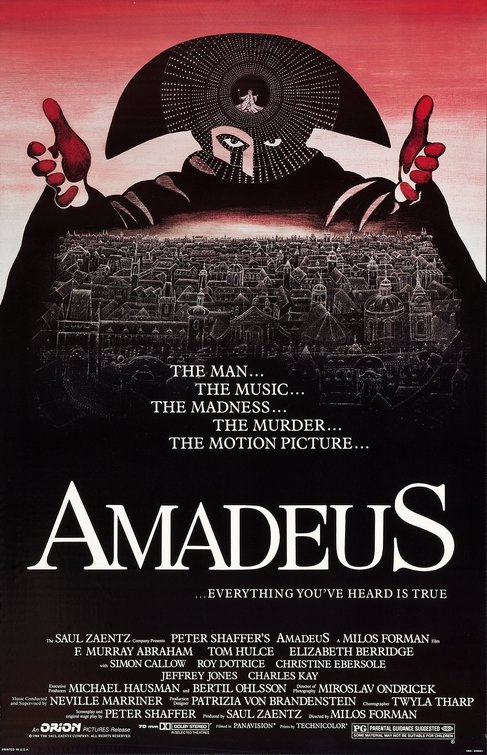Introduced as a “real bad
egg”, thirteen year old foster child Ricky Baker was sent from one foster home
to another until he finally came to a place that he truly called home. In an
attempt to escape foster care services following the death of his foster mum,
Aunt Bella, Ricky runs off to ‘The Bush’ and Uncle Hector follows to save him,
triggering a national manhunt and an unlikely adventure and story of kinship that
warms the heart.
Following Erikson’s Stages
of Development, Ricky seems to display the Identity vs Role Confusion, which is
the stage in which adolescents attempt to explore who they really are and what
identity they want to have as adults.
There are times when Ricky just wants to
become a bushman and run away from real life forever and there are times when
he contemplated living the life (and death) of gangsters and drug addicts. The latter is most likely due to the
influence of other people, including child welfare worker Paula, who continuously
label Ricky as a “bad egg” or as “a real piece of work”, continuously highlighting
his petty crimes such as kicking, spitting, vandalizing, etc; however, early on
in the movie itself, we can tell that Ricky is a good kid who is merely
misunderstood and mislabeled. Illustrating Erikson’s theory, Ricky is torn
between becoming a gangster or drug dealer as is anticipated of foster children
like him, or becoming something more than that.
Soon after the scene where
Ricky proclaims himself to be a Wilderboy (though not much of a step up from
being a gangster, but still better), he still insists on himself becoming a
gangster if he returns to society. Despite Uncle Hec’s protests and denial that
Ricky is a gangster, Ricky refuses to believe it because of his known status of
being a “menace to society”, someone who will never be accepted.
 |
| Perhaps the influence of being labelled? |
The movie ends with Ricky not as a gangster and not rejected as he finds a new and caring home. Walking back into the Bush with Uncle Hec to find an extinct species of birds, we can only hope that with his new family and the guidance of Uncle Hec, Ricky will find his place in this world. (Although I personally believe that he could become a great entertainer in the future)
Uncle Hec on the other hand
seems to display behaviours akin to the Generativity vs Stagnation stage of
development. Generativity is the stage in which older adults attempt to impart their wisdom and knowledge onto the younger generation, typically those of their own blood relation. However, as Uncle Hec did not have any biological children of his own and was forced to take care of Ricky in the Bush, Uncle Hec imparts his knowledge, wisdom
and advice onto Ricky. While Uncle Hec may not be able to read, or write for that
matter, he was taught Ricky things that he needed to know the most, which was on survival in the Bush and his attempt to guide Ricky out of making bad life decisions for his future, especially that of becoming a gangster.
Personal
Take
While entertaining and
humorous, this movie was able to cleverly portray and highlight the struggles
of being a child in foster care, the negative influence of rejection from
society and the power of acceptance and warmth from loved ones. Though not
initially obvious from the beginning of the movie, we soon realize that Uncle
Hec and Ricky had a lot in common. Referring to both he and Ricky as “stray
dogs” who were taken in by Bella, we can observe how Ricky and he find comfort
in each other in the loss of the one person who accepted them unconditionally,
and consequently progress to accept each other and care for each other.












